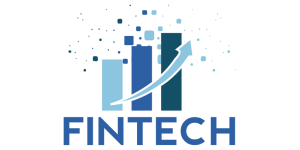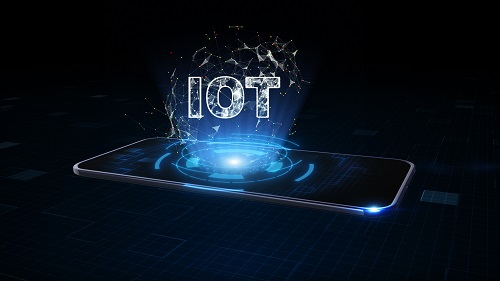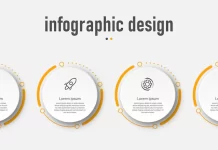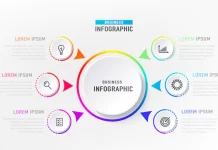The Internet has become an indivisible part of our lives. Anything we are stuck with, we just opt to find solutions on the net. We are familiar with the term ‘Internet’ but not ‘Internet of Things.’ The Internet of Things describes the network of physical objects embedded with sensors, software, and other technologies to connect and exchange data with other devices and systems over the internet.
Why Has IoT Become So Important?
IoT has become one of the most important technologies of the decade. We can connect everyday objects like kitchen appliances, cars, thermostats, baby monitors to the inter via devices because of which communication has become possible between people, processes, and things.
What Technologies Have Made IoT Possible?
- Access to low-cost, low-power sensor technology: Affordable and reliable sensors are making IoT technology possible for more manufacturers.
- Connectivity: A host of network protocols for the internet has made it easy to connect sensors to the cloud and other “things” for efficient data transfer.
- Cloud computing platforms: The increase in the availability of cloud platforms enables both businesses and consumers to access the infrastructure they need to scale up without actually having to manage it all.
- Machine learning and analytics: With advances in machine learning and analytics and access to varied and vast amounts of data stored in the cloud, businesses can gather insights faster and more easily. The emergence of these allied technologies continues to push the boundaries of IoT and the data produced by IoT also feeds these technologies.
- Conversational artificial intelligence (AI): Advances in neural networks have brought natural-language processing (NLP) to IoT devices (such as digital personal assistants Alexa, Cortana, and Siri) and made them appealing, affordable, and viable for home use.
What is industrial IoT?
Industrial IoT (IIoT) refers to the application of IoT technology in industrial settings, especially concerning instrumentation and control of sensors and devices that engage cloud technologies. Recently, industries have used machine-to-machine communication (M2M) to achieve wireless automation and control. But with the emergence of cloud and allied technologies (such as analytics and machine learning), industries can achieve a new automation layer and with it create new revenue and business models. IIoT is sometimes called the fourth wave of the industrial revolution, or Industry 4.0. The following are some common uses for IIoT:
- Smart manufacturing
- Connected assets and preventive and predictive maintenance
- Smart power grids
- Smart cities
- Connected logistics
- Smart digital supply chains
What are IoT applications?
Business-ready, SaaS IoT Applications
IoT Intelligent Applications are prebuilt software-as-a-service (SaaS) applications that can analyze and present captured IoT sensor data to business users via dashboards. We have a full set of IoT Intelligent Applications.
IoT applications use machine learning algorithms to analyze massive amounts of connected sensor data in the cloud. Using real-time IoT dashboards and alerts, you gain visibility into key performance indicators, statistics for mean time between failures, and other information. Machine learning-based algorithms can identify equipment anomalies, send alerts to users, and even trigger automated fixes or proactive countermeasures. With cloud-based IoT applications, business users can quickly enhance existing processes for supply chains, customer service, human resources, and financial services. There’s no need to recreate entire business processes.
What Industries Can Benefit from IoT?
Manufacturing, Automotive, Transportation and Logistics, Retail, Public Sector, Healthcare, and general safety across all the industries.
IoT can be used in different and more ways and also it can benefit more industries than the mentioned ones above. IoT has definitely given a different face to the world of the internet. It has made lives easier and faster! All thanks to the technology which every human being on this earth has adapted to.











